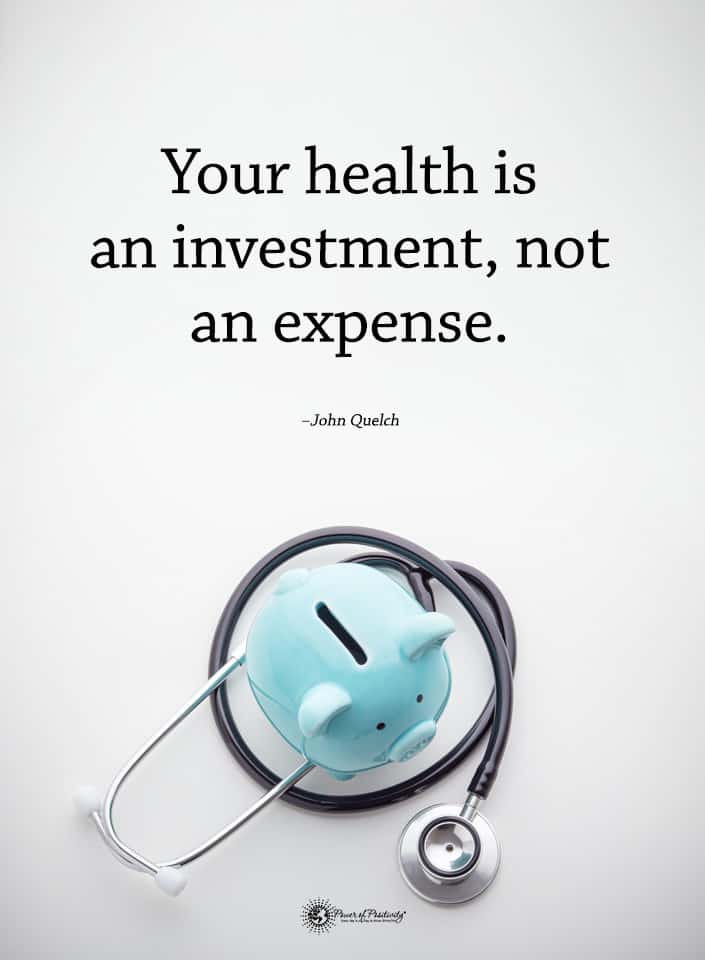Sugar intolerance is a digestive problem that affects many people. It could be due to a digestive problem such as Irritable Bowel Disease (IBS) or celiac disease. These conditions cause problems digesting some types of sugar. Lactose intolerance is also another form of sugar intolerance. The primary symptoms of a sugar intolerance are pretty clear. Here are 10 common symptoms that could indicate you have a sugar intolerant.
Are you sugar intolerant?
 1 – Gas
1 – Gas
Flatulence or gas is a common symptom of sugar intolerance. This could mean you have lactose intolerance, IBS, or celiac disease. Pay attention to what you are eating if you’re having a lot of flatulence. It’s not only a physical problem, but flatulence is embarrassing. It can affect your work and social life. See if you notice that you have gas after eating or drinking things like
- Milk products: You may get gas after eating foods like ice cream, cheese, or regular milk
- Alcohol: Alcohol has a lot of sugar. If you get gas after having a beer or glass of wine, it could be a sugar intolerance.
- Certain carbs: Desserts, candy, or refined carbs can be the culprit of having flatulence
- Diet foods and drinks: Artificial sweeteners are in many diet foods and drinks. These are common sources of flatulence.
2 – Bloating
A swollen belly after you eat is called bloating. It can happen after eating a big meal or certain foods with a lot of sugar. Natural sweeteners added to food can also cause bloating. These include
- High fructose corn syrup
- Brown sugar
- Agave
- Honey
3 – Belching
Belching or burping may not be a big deal, but if you’re constantly burping after you eat, it could indicate you have developed a sugar intolerance. You may not realize this is a problem until your partner mentions how much you burp. Try keeping a food journal to see what foods cause you to belch. Good chance a pattern will emerge that you have a sugar intolerance.
4 – Abdomen pain
Stomach pain after eating is no fun. This can lead to weight loss and getting adequate nutrition. Plus, it’s embarrassing to have to decline invites to eat out with friends and family. You may not realize you have a sugar intolerance but assume you ate something weird. But gut pain is often the first symptom of sugar intolerance, so don’t ignore this symptom.
5 – Diarrhea
If you’re suffering from a sugar intolerance, it means your body processes sugar too quickly. The food you eat moves too quickly through your body and into your small intestine, causing diarrhea. This is often a symptom of lactose intolerance or Celica disease, both of which are examples of sugar intolerance. Keep track of what you eat and when you eat. Determine what foods are causing this symptom. Try eliminating it from your diet if possible. You may find some relief.
6 – Crave sweets
This is a confusing symptom to have, but craving sweets could mean you struggle with sugar intolerance. Certain sugars cause hormonal increases, which set off the cravings. This can lead to obesity if you respond to these cravings by eating overly refined sugary foods like carbohydrates.
7 – Stomach cramps
Digestive problems are typically the first indicators that you have a sugar intolerance. Stomach cramps cause pain in your gut and often show up after eating sugary fruits like apples, mangos, or watermelon or high carb, starchy foods like rice or pasta. Stomach cramps can lead to diarrhea as your body tries to metabolize the sugary foods.
8 – Nausea
Many foods have hidden sugars. There is sugar in so many food products. Unless you read the label, you may not realize how much sugar you’re eating. Here is a list of common foods you eat that contain sugar:
- Coffee creamers
- Salad dressings
- Ketchup
- Sauces
- Cereal
- Granola bars
- Yogurt
- Juices
- Alcoholic drinks
- Sports drinks
- Dried fruits
9 – Dizziness after eating sugar
This happens when food moves too quickly through your digestive system to the small part of your intestine. When this happens, your digestive tract releases too many hormones. The extra hormones and movement of fluids into your small intestine cause dumping syndrome. The extra hormones may also cause your pancreas to make too much insulin leading to low blood glucose anywhere from one to three hours after eating. Symptoms include the following:
- Feeling shaky
- Tired
- Irregular heartbeat
- Sweating
- Weakness
 10 – You tend to overeat
10 – You tend to overeat
Eating too much sugar may cause you to be overweight, but it’s because of your brain. In one study, researchers used MRI to see how parts of the brain react to fructose and glucose. Fructose is used as a food sweetener, and it’s thought that a diet with too much high-fructose can lead to obesity. Fructose is sweeter than glucose, and it doesn’t cause your body to release insulin, which increases your appetite. In fact, mice that were given extra fructose ate more than those who were given glucose.
There’s a test to see if you are sugar intolerant.
If you think you could have a sugar intolerance, talk to your doctor. They can do a hydrogen breath test to determine if your body is absorbing sugar properly. Sugar intolerance and gastrointestinal disorders go hand in hand. They are common in both kids and adults.
Sugar allergy or intolerance?
According to the American Academy of Allergy Asthma & Immunology, a sugar intolerance is an enzyme deficiency in your intestine. Your body can’t properly break down lactose, maltose, or sucrose resulting in gastrointestinal symptoms. A sugar allergy is controversial and hasn’t been proven in scientific studies.
A difference of opinion on carb intolerance
The medical community is also at odds over the issue of sugar intolerance due to carbohydrate intolerance.
One school of thought suggests that eating many carbohydrate-rich foods, even the healthy ones of over 100 grams of sugar, can cause sugar intolerance. They say that you become intolerant is when your blood sugars don’t go back to normal after two hours of eating. They stay higher, which some say can trigger insulin resistance so that your body needs more insulin to remove the sugar from your bloodstream.
A second opinion says scientifically there is no cause and effect between carbohydrates and insulin resistance, although there can be connections between eating a lot of sugar and illnesses. These scientists suggest that other factors should be considered when talking about carbohydrate or sugar intolerant, like their activity levels, genetics, and overall diet.
The concern is that people will think of all carbohydrates as bad and avoid even eating healthy whole carbohydrates that their body needs.
How’s your diet?
A study analysis done by the National Institute of Health found that Americans are getting as much as 50% of their calories from poor quality carbs and saturated fats.
The biggest mistakes were eating the wrong foods, including
- Eating white rice and white flour instead of whole-grain choices like whole brown rice, wheat flour, or quinoa.
- Eating saturated fats found in processed and red meats.
- Not eating enough fresh vegetables and fruits, nuts, or seeds.
- Too much salt
How much sugar should you eat?
The American Heart Association recommends that male adults should eat no more than 150 calories of added sugar per day, and female adults should eat no more than 100 calories of added sugar per day.
How to cut down on sugar
Besides eating a nutrition-dense diet, there are other things you can do to cut down on your sugar intake.
- Don’t add sugar to your cereals, coffee, or foods: Adding sugars like honey, brown sugar, or syrup can cause gut problems, sugar intolerance, or weight gain. This means you learn to eat your oatmeal without a sweet topping. Substitute walnuts instead. This adds crunch without the sugar.
- Avoid sugary juices, alcohol, and sports drinks: Learn to drink water when you’re thirsty instead of a sugar alternative. It’s surprising how much-hidden sugar is in juices and sports drinks, which seem so healthy.
- Choose to eat or frozen fresh fruits: Eat fresh fruits. Stay away from fruits in syrups or sweeteners.
- Read food labels: You’d be surprised how many foods contain sugar. Read food labels before you buy.
- Smaller servings: Everybody needs a sweet treat once in a while. You can still eat a dessert now and then by halving the servings of sweets. So eat half cookie or brownie for dessert. This way, you can participate in birthdays or holidays without feeling deprived.
- Use spices as substitutes for sugar: Shake some cinnamon in your coffee for a sweetener or add pumpkin spice to your morning oatmeal Spices like nutmeg, cinnamon, pumpkin spice, ginger, and cloves can add flavor to your foods, so you don’t need sugar.
 Final thoughts on being sugar intolerant
Final thoughts on being sugar intolerant
Sugar intolerances are common. Many people find they have a milk sugar intolerance, IBS, or celiac disease, causing their bodies not to process sugar correctly. Typically, a sugar intolerance is going to show up as a gastro problem. If you have excessive burping, flatulence, nausea, or diarrhea, it could mean that you have developed a sugar intolerance.
Weird cravings for sugar can also be a big indicator of sugar intolerance. Once you’ve figured out the pattern of what’s causing these symptoms, you can begin to eliminate or cut back on the sugary foods that are causing you problems. Change your diet to fresh veggies, whole grains, fresh fruits, nuts, seeds, and low-fat meats. Keep an eye on food labels for those hidden sugars that make their way into so many of our foods.
Eating less sugar can give your back your good health and energy to do the things you look forward to with those you love.

















